It has been quite a while since my last book review—not because I haven’t been reading, but because I have been forgetting to write them up! So here’s a round-up of the books I’ve read most recently.
Have you read any of these? Let me know your thoughts!
The Hanging City by Charlie N Holmberg
Before this, I had never read a book that focused heavily on trolls (or trollis, as they prefer to be called in Holmberg’s world), so the premise of a human with extraordinary power who finds sanctuary in a troll(is)-controlled kingdom fascinated me. The world of The Hanging City is beautifully rendered and the idea that the main character, Lark, wields fear like a weapon was really cool. This book is an object lesson in excellent worldbuilding—I feel like if I just wandered far enough off my map, I would find the hanging kingdom of the trollis just over the edge.
But I wanted more from the end. Lark falls in love with a troll, which is forbidden in their world. I hoped for a more nuanced reaction when their relationship became public, something that showed that not all the trollises are as bigoted as Holmberg painted them. But we only see one trollis’s horrible reaction, with a vague promise of things improving. Also, a big deal is made of the abuse she endured from her father, but there really isn’t any resolution for Lark there; she seemingly doesn’t heal at all. The end is left wide-open, which makes room for a sequel, but I haven’t seen a sequel announced yet. It all just felt rushed. I needed 5 more pages to tie up some loose ends more neatly.
That said, if it turns out there’s a sequel, I’ll take all of this back.
Buy on Bookshop | See it on Goodreads
Red, White, and Royal Blue by Casey McQuiston
So many people have said so much about Red, White, and Royal Blue that I’m not sure what else there is left to say, and I mean that in the best way. It felt like escapist fiction, an alternate reality to the 2016 election and the years since, but one I didn’t feel guilty surfacing from. I’m not a big romance reader (I don’t have anything against it, I just prefer other genres), but this one hooked me. The characters fall in love believably, other characters are rendered three-dimensionally, and the world’s reaction to the First Son falling in love with a British prince is tonally on point.
I haven’t seen the movie yet, but I have my plans for the weekend.
Buy on Bookshop | See it on Goodreads
The Fairy Atlas: Fairy Folk of the World by Anna Claybourne
Listen, is this aimed at children? Yes, absolutely. But don’t let that hold you back. If you have an interest in fairies, the fae, and/or the myths of any other culture, this is a genuinely good starting point. While I had heard of some of these creatures, I had not heard of many of them. And I seek out folklore! There is a lot in here to love for a reader of any age. Also, the illustrations by Miren Asiain Loren are just gorgeous.
Buy on Bookshop | See it on Goodreads
Women Writing Africa: The Eastern Region, edited by Amandina Lihamba, et al.
On the absolute other end of the spectrum is Women Writing Africa, which is a collection of academic essays. I didn’t read every essay in here, but I picked it up for my Unruly Figures episode on Mekatilili wa Menza and ended up getting sucked in. These are not inaccessible jargon-filled nonsense! They are just stories, stories told by women about Africa. Between the damaging impacts of colonialism and patriarchal societies, it’s rare to have easy access to a woman’s perspective on African history, so the Women Writing Africa series is precious for preserving dozens of these stories. Anyone interested in global history should pick this up.
Buy on Bookshop | See it on Goodreads
The Name of the Rose, by Umberto Eco
This was the most challenging book I’ve read in a while—I mean that mostly in a good way. It is not for everyone though. The plot is, technically, a murder mystery set in a 14th-century monastery, and technically there is a Sherlockian character and a Watsonesque character, and technically there are crimes that are perpetrated and resolved. However, there are also long sidebars into ecclesiastical history, rhapsodic pages where the narrator meditates on religious imagery endlessly, and a lot of moments of telling instead of showing. These pullouts tend to happen right as you’re getting into the meat of the mystery, too, so the pacing is sort of stop-and-go. The solution isn’t really satisfying because the mystery wasn’t really Eco’s… point.
So, The Name of the Rose is not for the faint of heart--it's challenging, it's intellectual, and it's full of puns that you'll only get if you're familiar with Medieval canonical history... But if you are willing to put in the work, it's so rewarding. I almost gave up on it, but then I read this review on Medium and it changed my mind. This is a good book for the fall or winter, at a time when you have time and energy to dedicate to reading Eco's text really carefully. Unless you're fluent in Eco's writings on history, semiotics, and philosophy, as well as the history of the Catholic church, this is not a beach read.
Buy on Bookshop | See it on Goodreads
Have you read anything interesting lately?
One quick note—I’m sure you’ve heard about the Maui fires. If you know of a barista, roaster, or other hourly coffee worker who has been adversely impacted by the fire, please send them this financial aid application. Go Fund Bean is the non-profit I work for. We’re able to give out some $500 financial aid grants to hourly coffee workers who are losing paychecks and/or need to replace possessions due to the fires. Please pass it on.





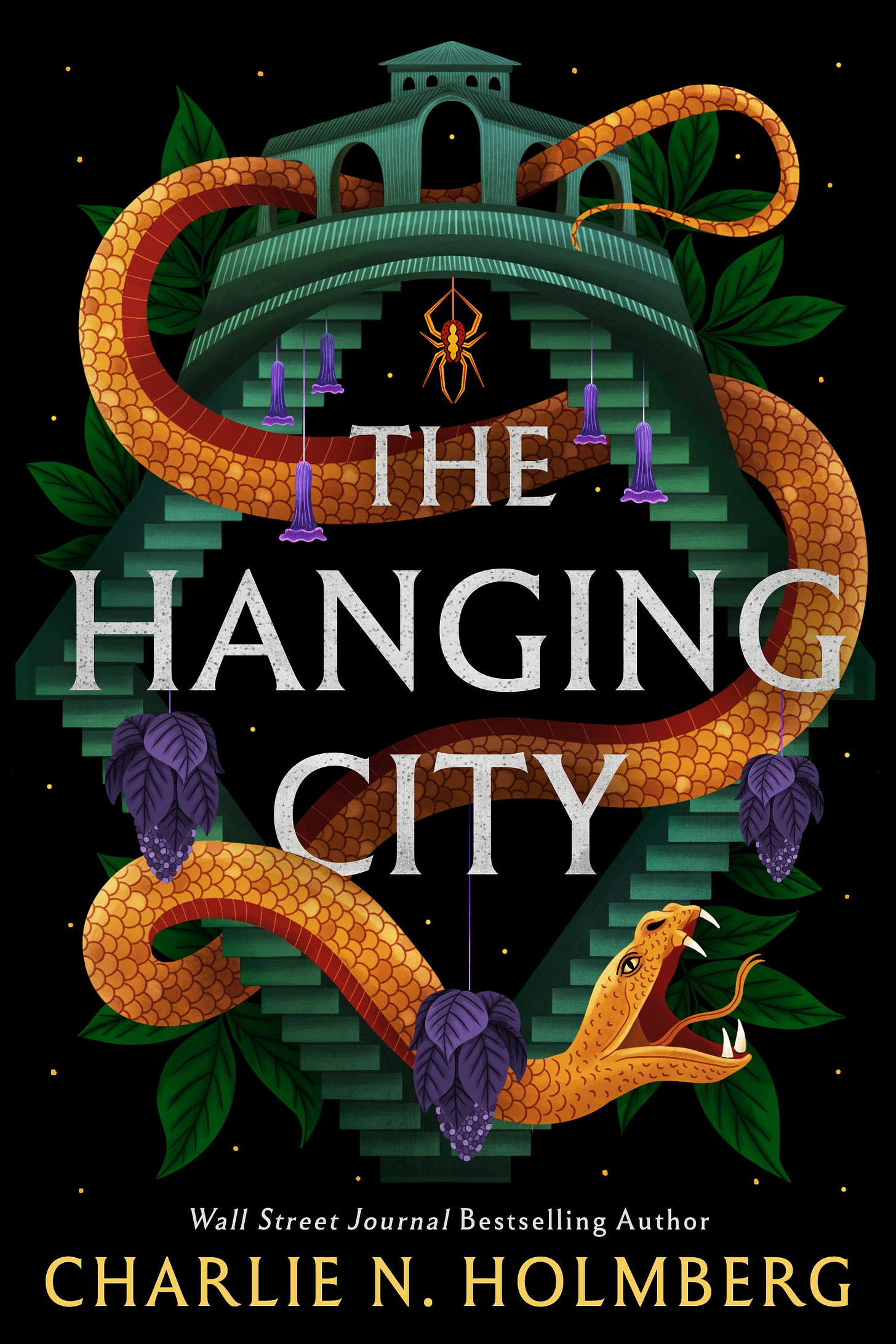
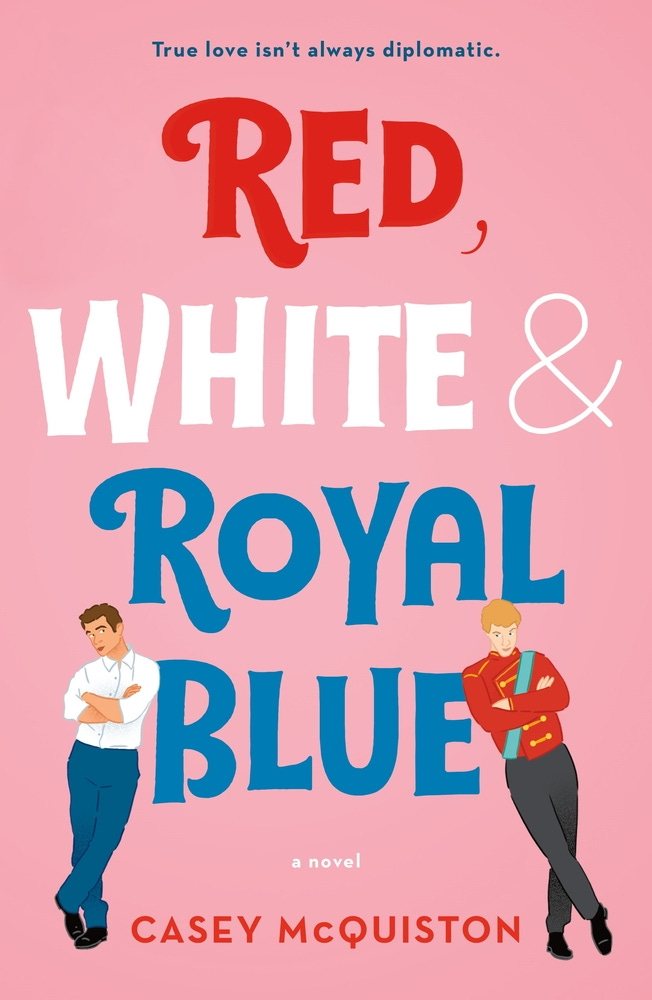
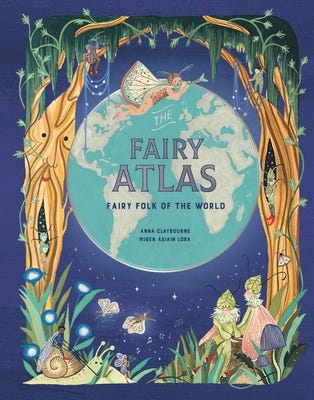
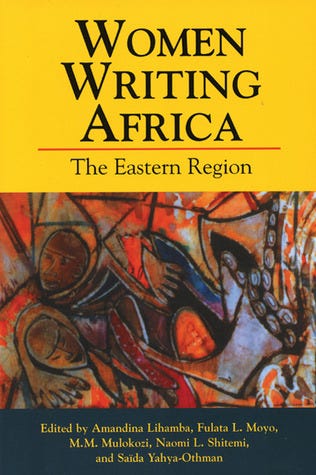
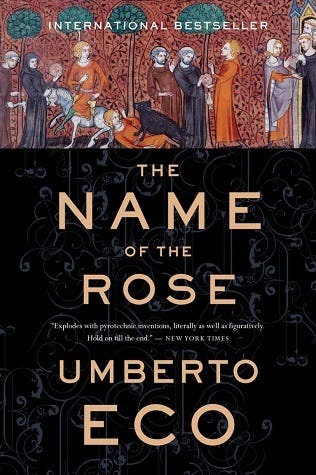



Loved The Name of the Rose as well.